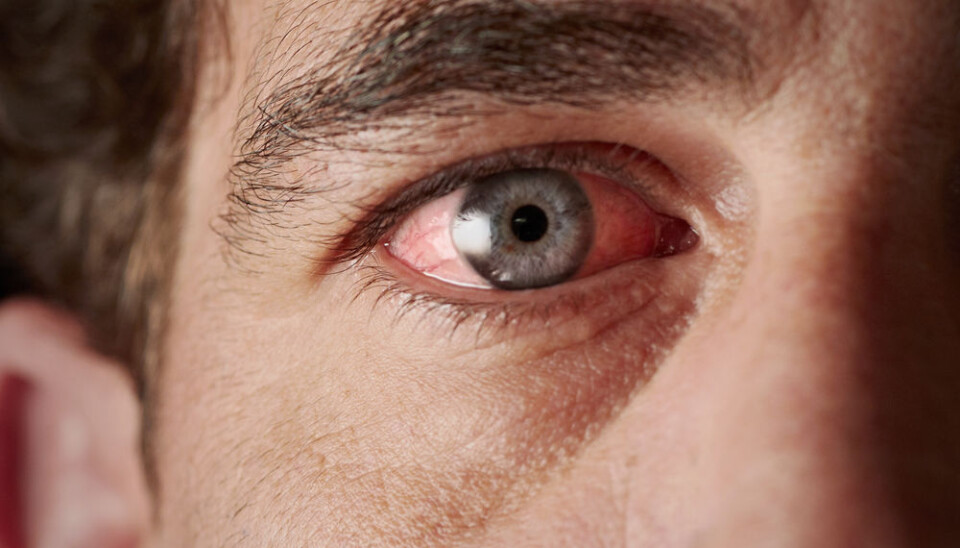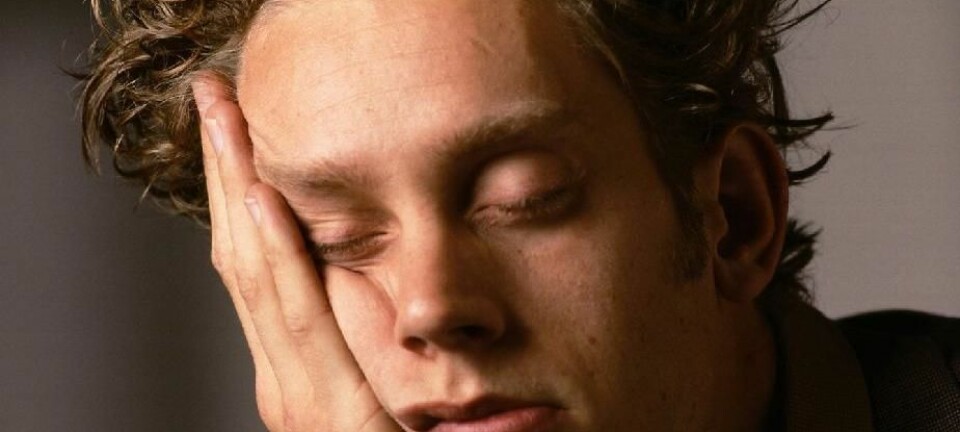
How poor sleep affects your body
Cells can age prematurely if we don’t get enough quality sleep.
One in ten of us live with chronic sleeping problems and fatigue during the day. But what actually happens inside our bodies when we don’t get enough sleep?
The results of a new study based on 30 pairs of twins suggests that less than seven hours of sleep is bad for our health and leads to poor cell function.
"When the twins slept for 90 minutes less than they should--for a prolonged period--their cell function seemed to be reduced to a level equivalent to that of someone 10 years older," says co-author Jonas Mengel-From, associate professor at the University of Southern Denmark.
Less than seven hours of sleep a night caused a reduction in so-called mitochondrial DNA copies in the participants’ blood cells. Mitochondria are like the power source of a blood cell: cells function much better when more mitochondrial DNA copies are available, and we feel fresher as a result.
The new results are published in the journal Sleep.
Sleep affects our health and longevity
Associate Professor Tinna Stevnsner from the Department of Molecular Biology and Genetics, Aarhus University, Denmark, describes the results as exciting. Stevnsner, who studies aging processes, was not a part of the new study.
"Although the study consists of relatively few people, it’s well made and takes a lot of factors into account. So I’d say that it provides good evidence that sleep can affect mitochondrial function and thus our health and longevity," she says.
The results are in line with a previous study that showed a connection between having a shorter lifespan and having fewer copies of mitochondrial DNA in the blood.
Identical twins demonstrate the power of sleep
Mengel-From and colleagues observed the sleep behaviour of 30 pairs of identical twins for 15 nights in a row.
The twins were, on average, 42 years old, and were carefully selected for the study based on their individual sleep patterns: one twin would be a good sleeper and typically sleep between seven and nine hours each night. The other twin would normally sleep for less than seven hours.
A so-called actigraph--a device placed around the wrist that registers movement--monitored how well and for how long the participants’ slept.
When the experiment had finished, the scientists analysed the number of mitochondrial DNA copies in the white blood cells of all the participants. They found that people who did not sleep enough, and had a restless sleep, also had the lowest copies of mitochondrial DNA.
Lack of sleep makes cells appear 10 years older
Twins who slept for the least number of hours had the same number of mitochondrial DNA copies as healthy people who were ten years their senior.
“Their cell function seems to be reduced by ten years just by sleeping 90 minutes less than they should on a regular basis," says Mengel-From.
The number of mitochondrial DNA copies is a good indicator of cell function, so a lack of quality sleep could lead to premature aging of the body’s cells, says Mengel-From.
Stevnsner points out that the results need to be confirmed by other studies.
"The results must be confirmed by a larger study with more participants before we can be sure of the findings,” he says.
“It's a great idea to use identical twins, as you can rule out that differences in genes created the differences in the number of mitochondrial DNA copies. They can also confirm to what extent the number of mitochondrial DNA copies in the blood reflects mitochondrial function," says Stevnsner.
-----------------
Read the Danish version of this story on Videnskab.dk
Translated by: Catherine Jex










